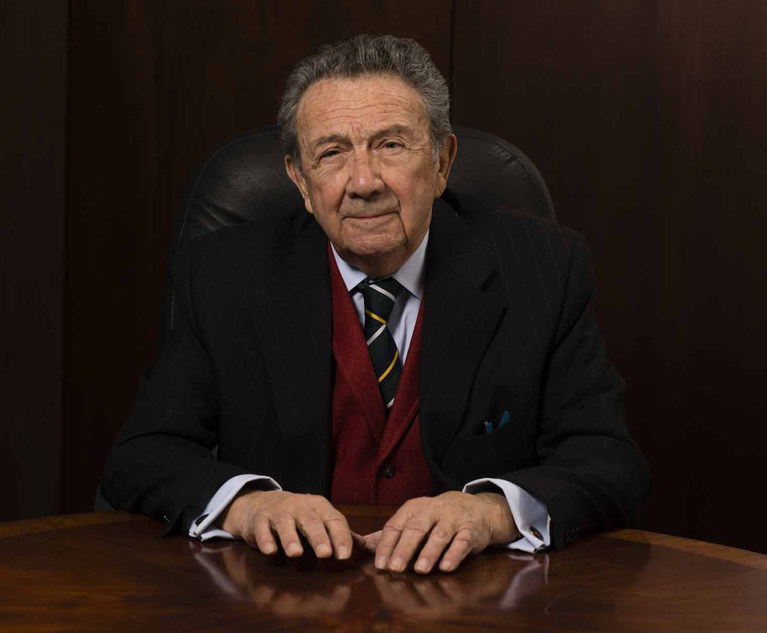Conducting Witness Interviews: A Primer for New Lawyers

Peter Vaira, a member of Weir Greenblatt Pierce, writes that more emphasis should be placed on learning how to conduct a witness interview.
“Lawyers, as a general rule, are not good interviewers,” Vaira writes in a law.com article. “If they receive any training in this area it is to craft questions for the courtroom. No training is given on how to approach a person outside the courtroom, on a construction site, at the person’s home, or in a lawyer’s office, one-to-one, face-to-face.”
Here are a few pieces of advice Vaira shares about conducting witness interviews:
Essential Principles
-Learn as much as you can about the incident or circumstance that is the subject of the questioning. If you appear not to be knowledgeable about the industry or trade you are investigating, you will lack credibility and the witness will not be as forthcoming as possible. -Prepare an outline.
-Take notes by hand. Laptops create too much of an official atmosphere and often raises the formality of the interview.
-Do not tell the person how much you know. Exposing your prior knowledge may cause the person to omit contrary facts, or not give details beyond what you know.
-Let the witness become comfortable with his or her own voice and speech pattern.
-Establish a baseline of the witness’s demeanor.
-Ask questions in an informal manner. This is not a deposition so do not try to sound like a lawyer.
-If there comes a point where you believe the witness is deliberately falsifying some answers, go about confrontation in an indirect manner.
Are you interested in learning more about conducting witness interviews? Read more in this law.com article.






